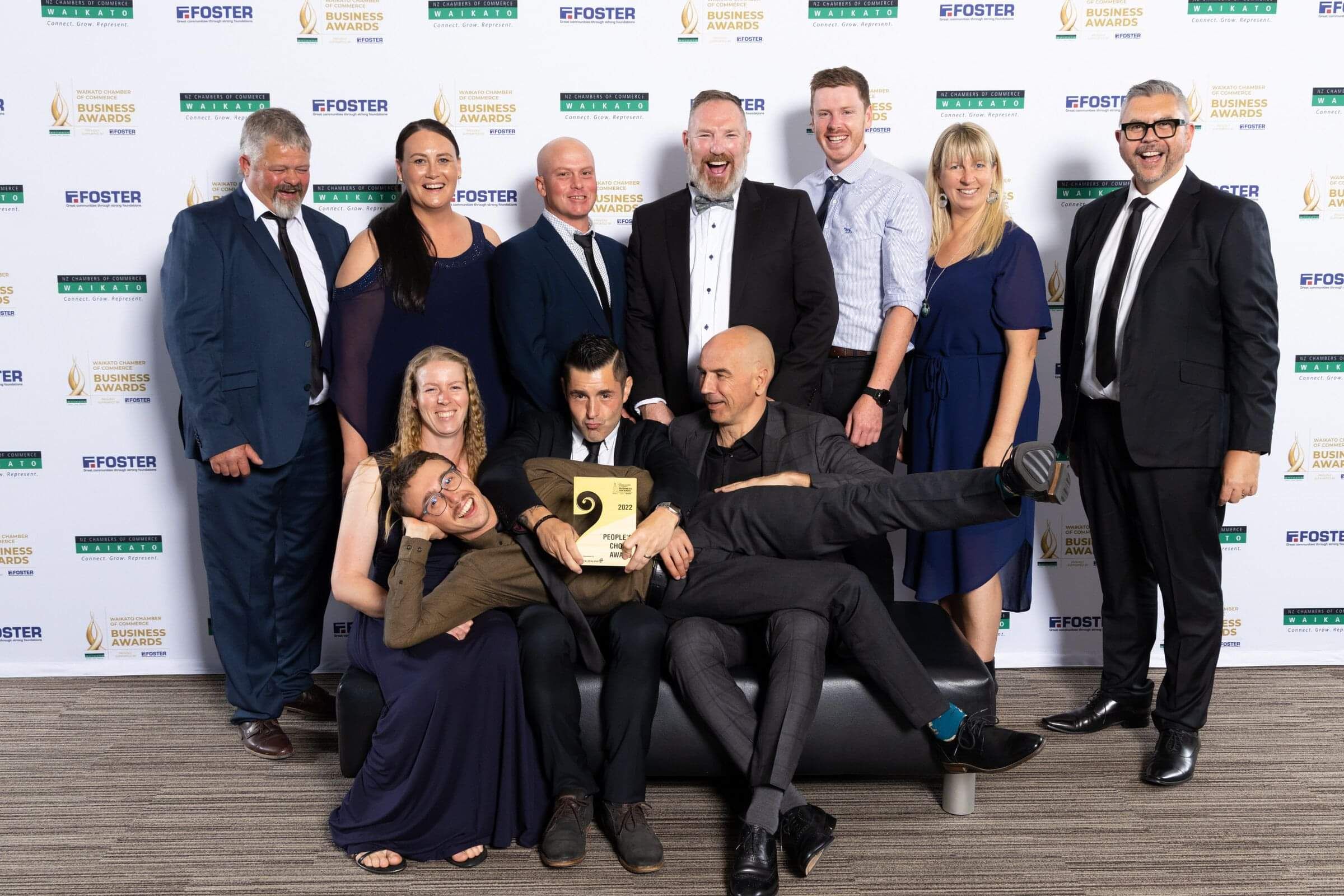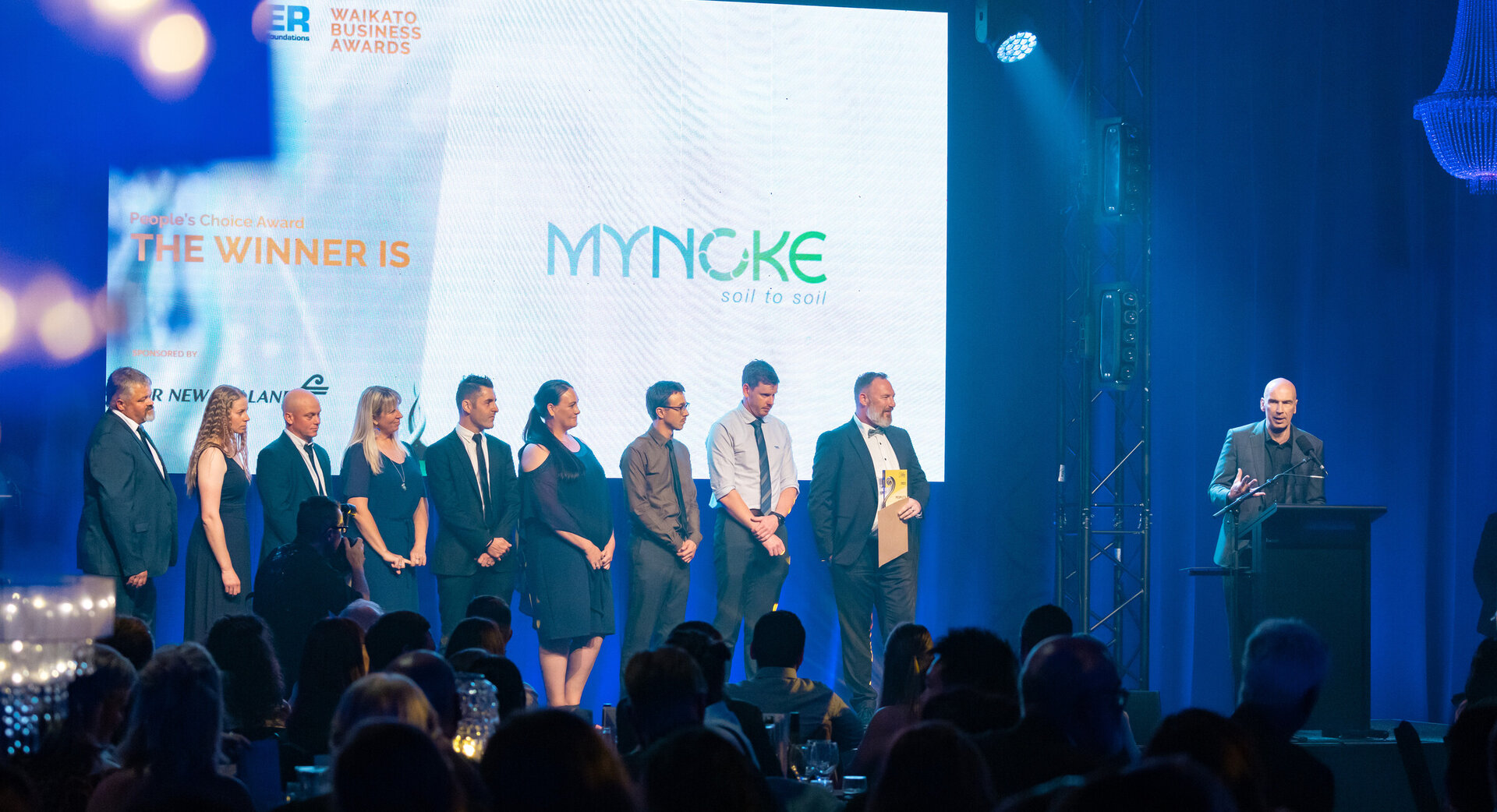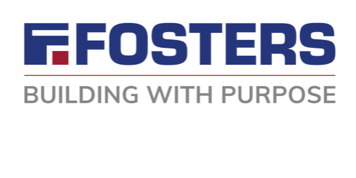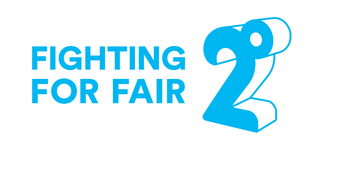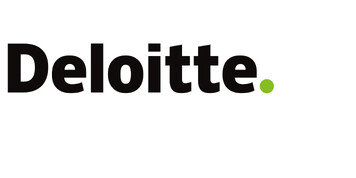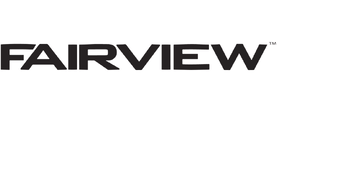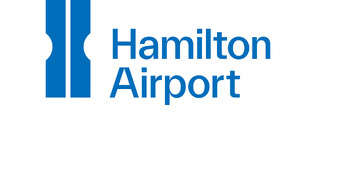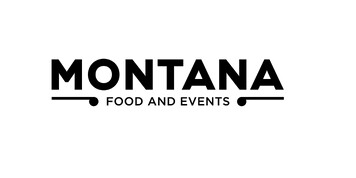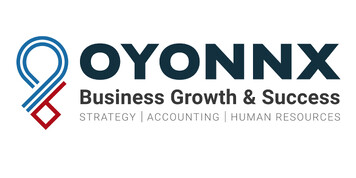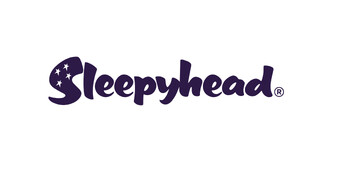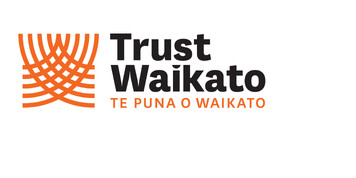MyNoke
The Chamber of Commerce is sitting down with each of the winners from the recent Waikato Chamber of Commerce Business Awards, supported by Foster Construction Group, to find out what they did to stand out from the crowd. This week's Winners’ Insight is with Phil Holland, GM of MyNoke – winner of the 2022 Sustainability Award and People’s Choice Award.
No two days are ever the same for MyNoke general manager Phil Holland. While sometimes he can be office-bound, there’s every chance he could be donning high vis and work boots as he navigates one of the company’s three existing worm farms or looks at one of the 10 new sites the company is set to start up.
MyNoke operates the world’s largest worm farming operation, and it’s set to get even bigger. So it was fitting that MyNoke took out the Sustainability gong at the Waikato Chamber of Commerce Business Awards.
Phil said the company first entered last year when they made the finals.
“We loved the judging process last year so much. The feedback was brilliant; the judges identified two weak points around governance and strategy. We were in the process of setting up a board and having an independent chair in place so it made sense that we should enter again this year having addressed those elements.
“We really enjoyed the feedback and that was one of the many reasons we entered – having another set of eyes on us, asking questions we might not have asked was really valuable. There’s always that scenario where you’re working in the business so much that there’s sometimes no time to step back. When I look at what we’ve achieved in 12-18 months it’s phenomenal. This award really confirms for us that we’re on the right track in so many ways.”
MyNoke (noke means worm in te reo Māori) began in 2007 when founder Michael Quintern hand selected 10 buckets of worms. Those worms were destined to help solve fibre issues for Kinleith’s pulp and paper mill.
“They would capture all the fine fibre in the wastewater, that was sent to us where we mixed it with a range of other organics and then the worms get down to business.”
Back then, Phil says, a worm farm was seen as a bit “woo woo”. Michael had the tenacity to push past the naysayers and, fast forward to 2022, MyNoke’s worm population is exploding after what’s been a relatively mild winter.
Today, 3 billion worms are tasked with chewing their way through large volumes of organic waste materials and by-products from the likes of the dairy and animal processing industries, and even the treated and sanitised end product from Hamilton’s wastewater treatment plant. And just this month, Hamilton businesses are the first to adopt a new collection scheme where worm food bins filled with food and organic waster are collected and delivered to one of MyNoke’s worm farms, helping divert even more waste from landfill.
Event organisers, accommodation providers, hospitality operators and businesses with on-site cafeterias will fill 140 litre worm food bins with food scraps, shredded paper, handtowels, cardboard boxes, and wilted flowers. Once it reaches MyNoke, the worms feast on the waste, reducing it by about 80 per cent and turning it into vermicast – or, worm poop – a rich soil conditioner that is sold in solid or liquid form to agriculturalists, horticulturalists, and gardeners who return it to the soil.
As MyNoke’s worm population has exploded, so too has the business’ operation.
“About 18 months ago we had nine staff, now we have 30,” Phil says. And they’ll need even more soon.
“In two to five years MyNoke will be a very different company. We’re very much growth minded, with a strong R&D team headed up by Michael. They help us improve what we’re doing and to be able to react quickly. We are constantly researching other organic waste streams so we’re ahead of the game when it comes to sustainability and innovation.”
To ensure they have skilled staff to cope with rapid growth, the company has set up an internal training programme – Ako MyNoke – which aims to teach young people all they need to know about worm farming.
“We need people so we can grow our 10 new sites and to do that we have created this training programme. Years ago being a worm farmer wouldn’t have been a career path people would have considered but it is now!”
Ako MyNoke will see participants starting off by learning to drive tractors, the science behind worm farming, financial literacy, and general life skills.
“They’ll start off learning all the fundamentals and hopefully their career path will progress… foreman, site manager, perhaps they’ll end up with my job,” Phil said.
While it’s an internal training programme, there will be external component too. MyNoke is partnering with Power Farming to produce videos on how to start and operate farm machinery. That content will be made available to the public because they believe that knowledge and understanding may be useful to others.
They haven’t advertised Ako MyNoke. They haven’t had to. Word of mouth has done the job, with up to 12 people on a waiting list to join Ako MyNoke on one of the company’s sites.
The 10 new sites are set to begin operations over the next two to three years and are dotted around the country, from the far north to the far south.
“We’ve looked at where the optimum sites should be. They’re close to major waste providers, and we’ve worked with a range of stakeholders such as economic development agencies, iwi, industry, farmers, councils, horticulturalists to ensure they understand why our operation is so important.”
And the statistics speak for themselves. Currently, MyNoke’s operation has diverted from landfill over 1.2 million tonnes of waste each year. With 10 more sites coming online, that’s set to grow even more.
“This award really is a huge credit to our team who are incredibly loyal and passionate.” As are their 3 billion worms who do the hard mahi!
